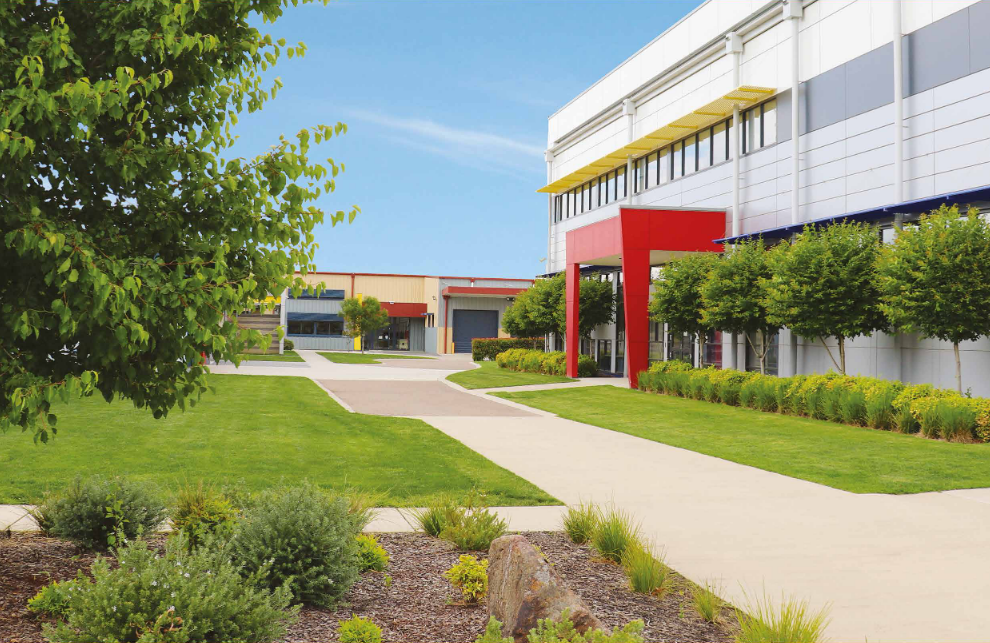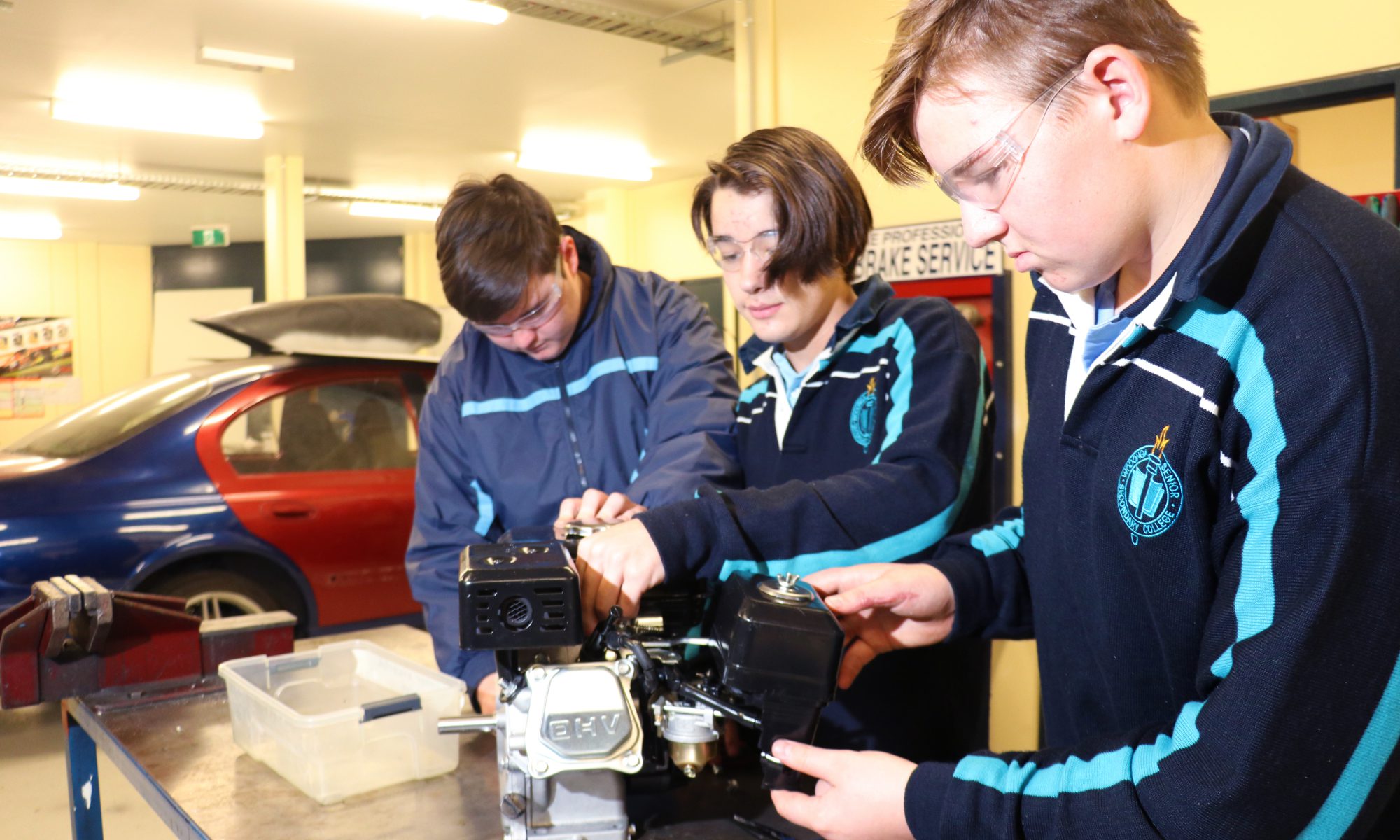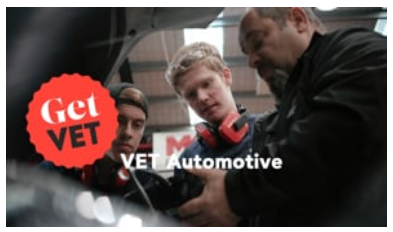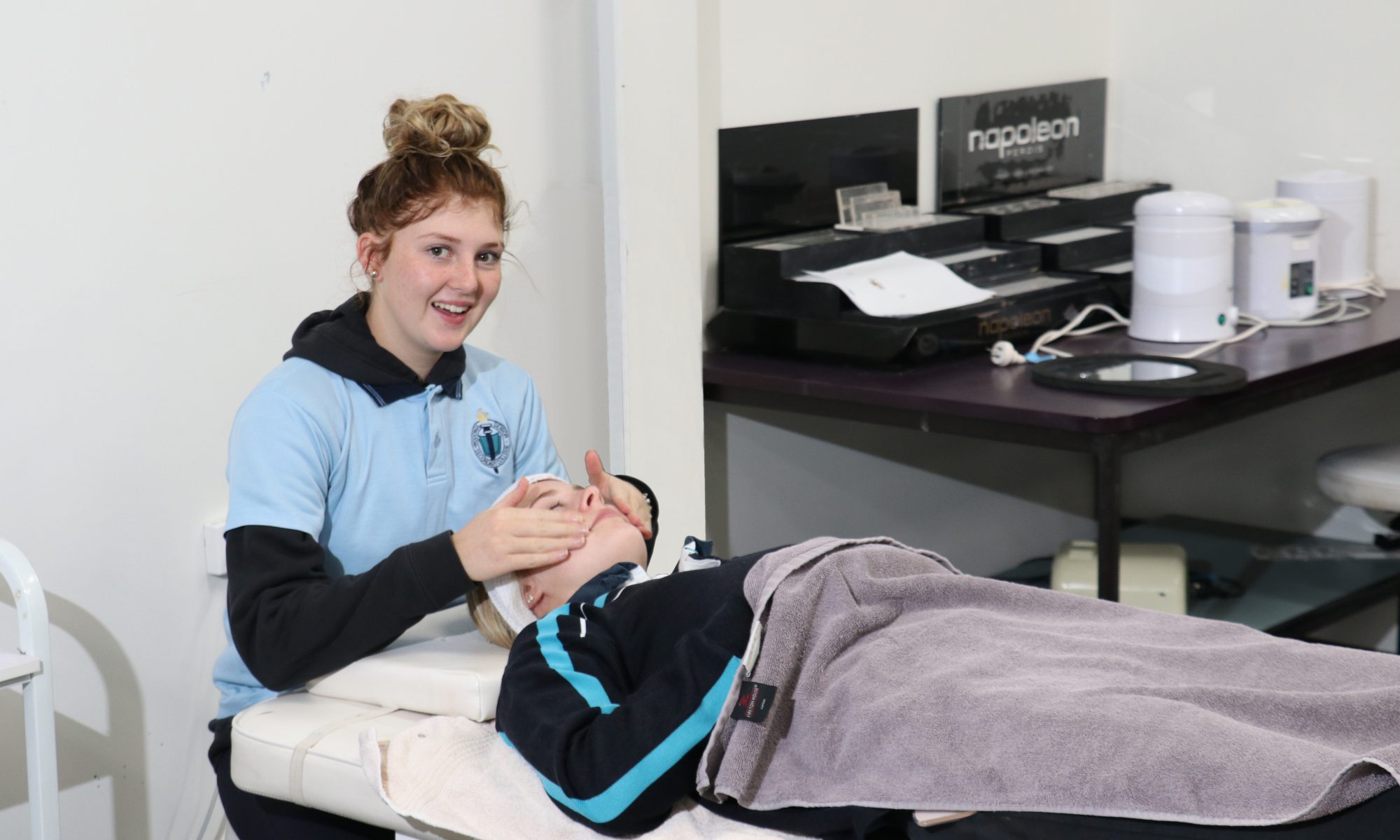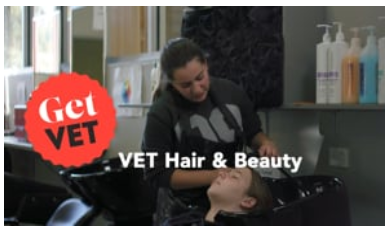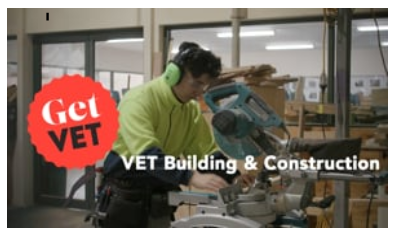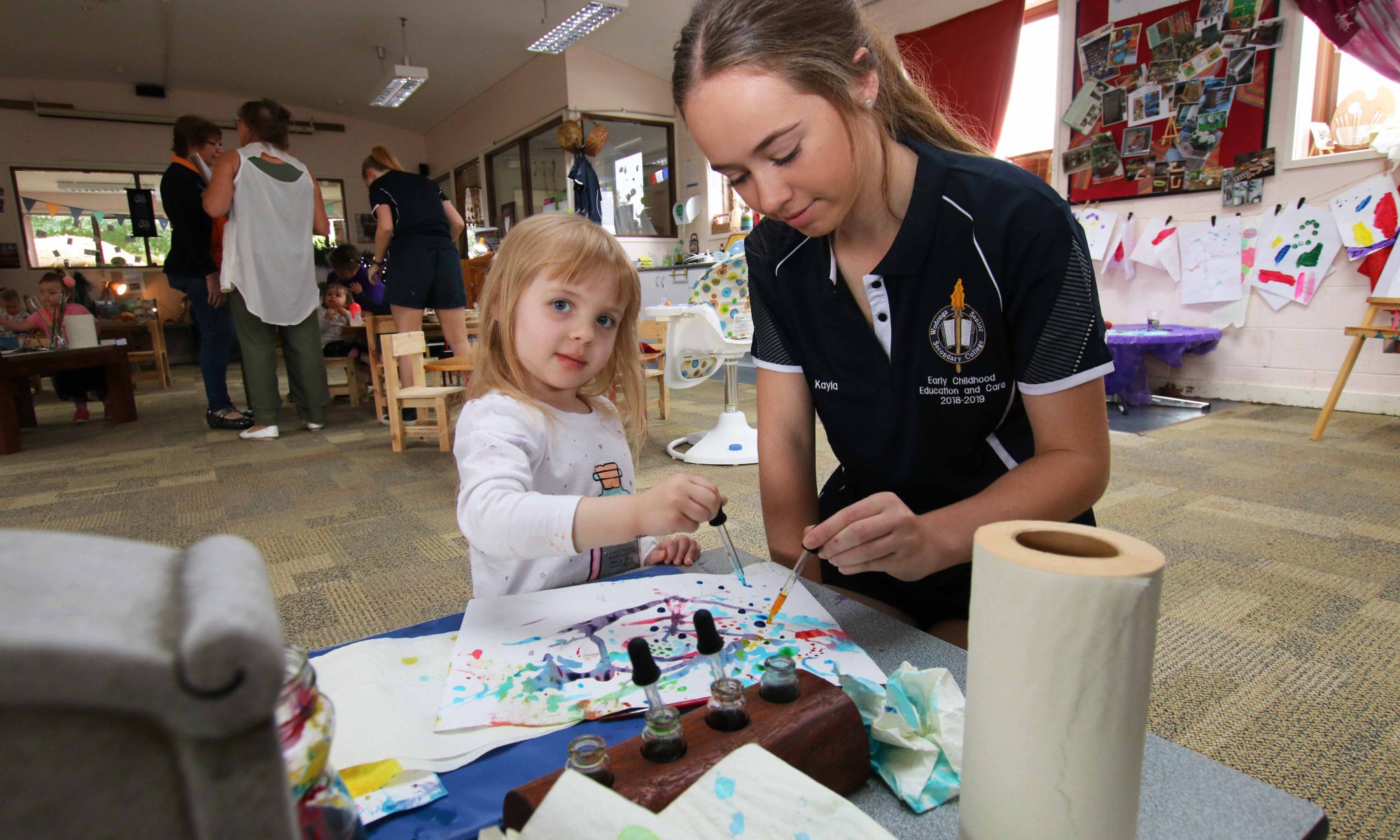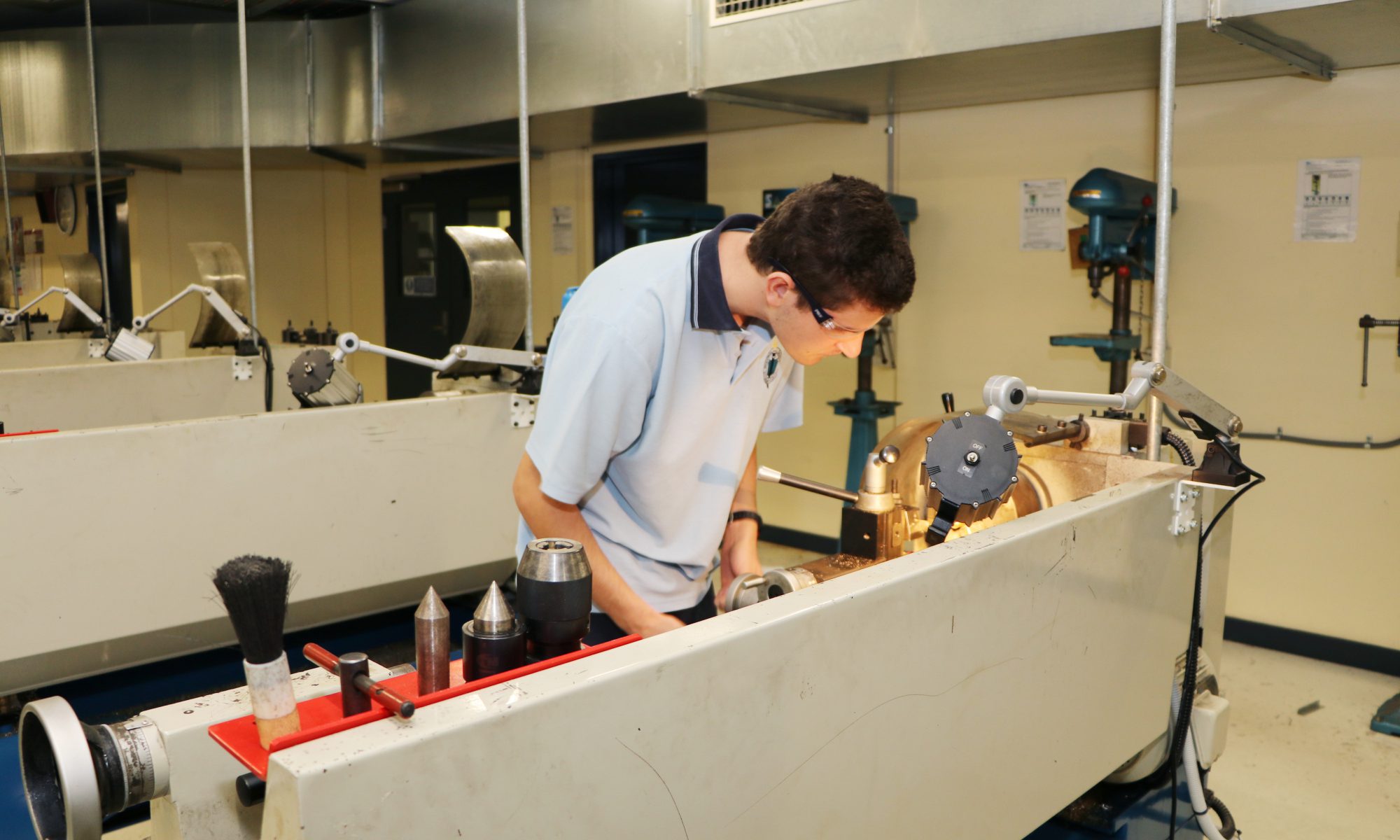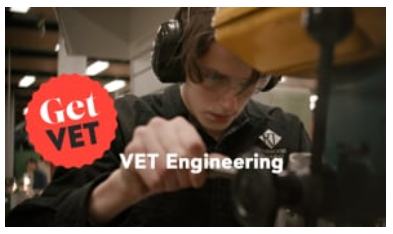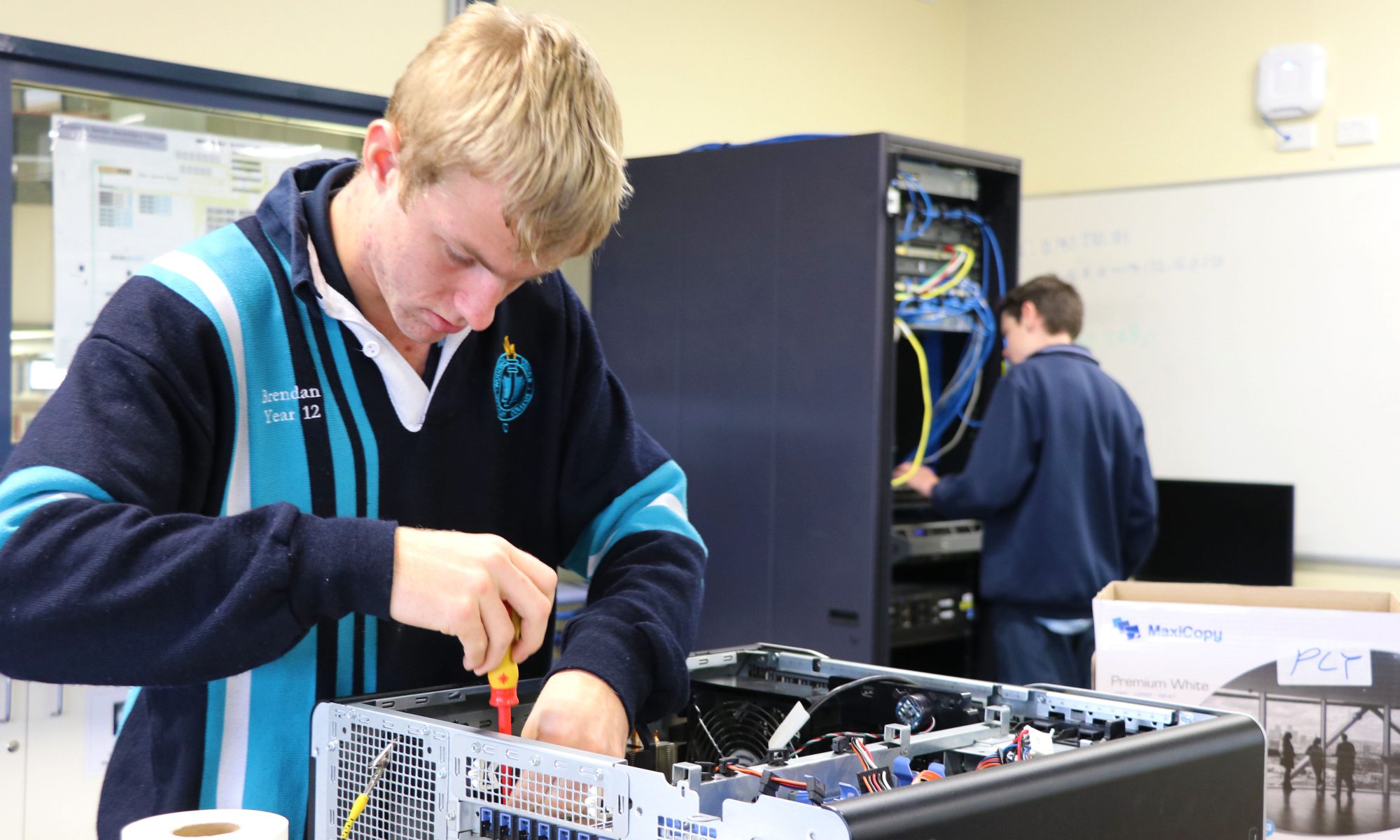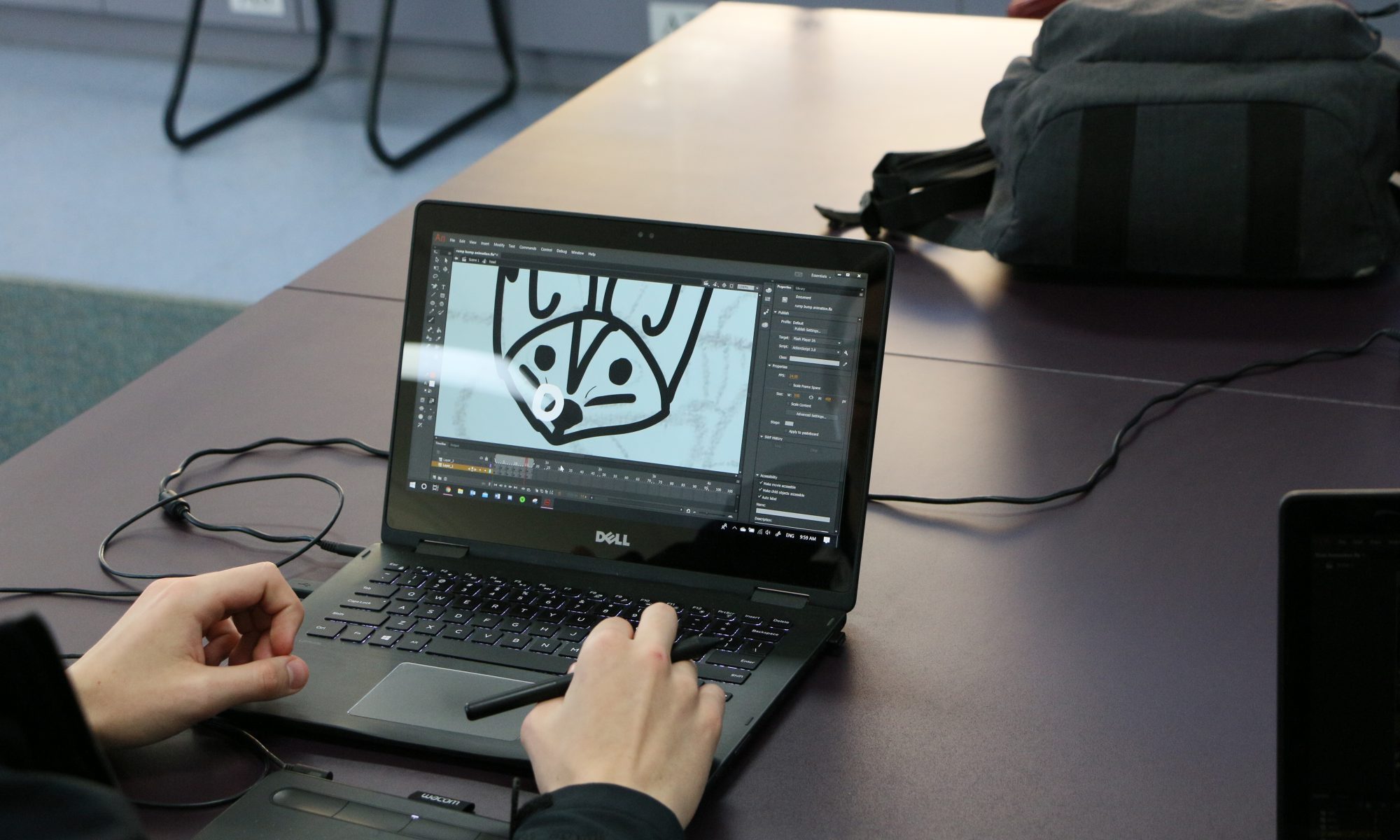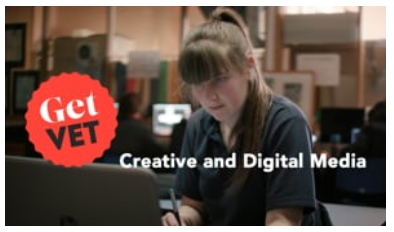VCE VET Automotive Technology
Course Summary
Do you have a passion for cars? Spend your spare time tinkering with motors? By studying Automotive you can gain knowledge about the industry, get a taste of joining a team in the automotive industry. By completing the requirements of this subject, you will be able to undertake a limited range of tasks related to identifying and inspiring mechanical and electrical components and systems of light vehicles, heavy vehicles, outdoor power equipment, bicycles, marine craft and motorcycles.
VCE: Unit 1, Unit 2 and Unit 3 & 4 sequence available
ATAR Contribution: Unit 3 & 4 students do not receive a Study Score for this subject. Instead, they receive an ATAR increment of 10% of their fourth Study Score in other subjects
VET: AUR20720 Certificate II in Automotive Vocational Preparation
Structured workplace learning advice: 80 hours strongly recommended but not compulsory
Learning Activities & Assessment
- Develop an understanding of occupational health and safety relevant to the automotive industry
- Maintain automotive tools and equipment
- Dismantle and assemble engines
- Construct and test basic electronic circuits
- Opportunity to participate in Structured Workplace Learning
This program is run as part of an Auspicing arrangement with Australia Institute of Education and Training Pty Ltd, a Registered Training Organisation. TIOD: 121314
Classroom Virtual Tour
Quick Links
Approximate Costs
Unit 1 & 2
N/A
Unit 3 & 4
N/A
Learning Area Contact
Technology Learning Area Leader
